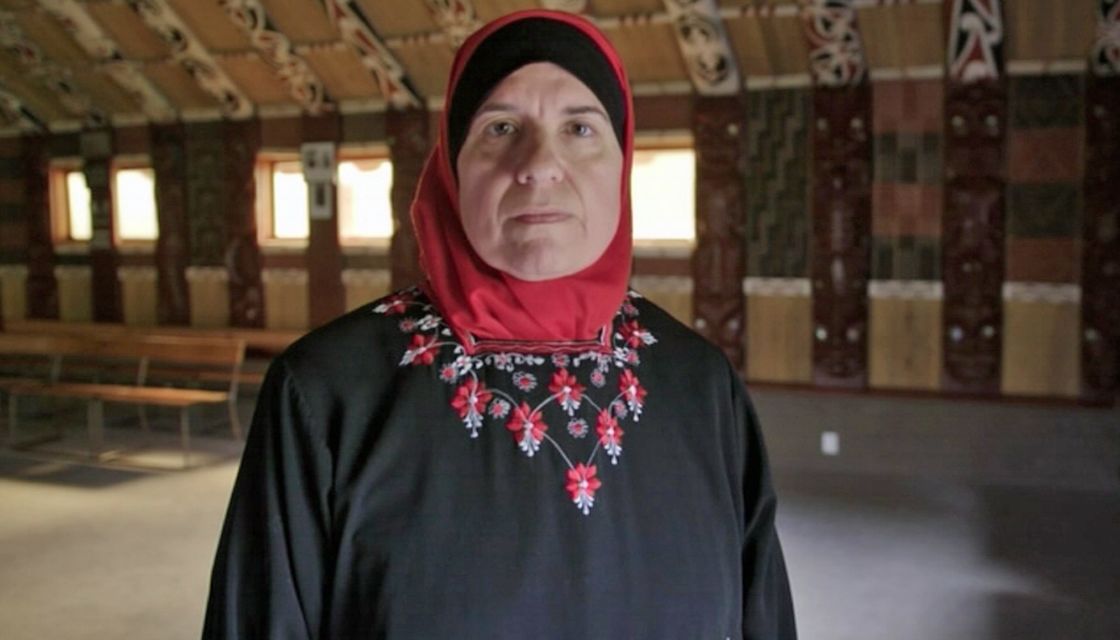
In the wake of the ChristChurch mosque attacks where 50 people were killed and another 50 wounded in a hate-filled terror attack targeting two mosques in the New Zealand city, NewsHub interviewed local Muslim women on Islamophobia and extreminism in their country. And here’s what they’ve said:
— Anjum Rahman: “We didn’t expect this level of attack but we were fearful of something happening and we were raising concerns around the safety of our community and we were raising concerns around alt right activity that seemed to be increasing in this country.”
— Community leader Aliya Danzeisen: “The tangata whenua have already walked this line. [Tangata whenua is a Māori term that means ‘people of the land’]. I’m sure you can ask any tangata whenua and go, ‘Is there racism in New Zealand?’ Nobody’s going to say ‘oh no’. The same thing that same hatred that comes from racism goes into Islamophobia.”
— Law student Sondos Quaraan: “Sometimes I feel like I blend in, that I’m a Kiwi like everyone else. But other times I feel like I’m an outsider. I’m a visibly Muslim woman, I wear the hijab, I know other Muslims don’t.”
— Ms. Rahman: “We didn’t expect this level of attack but we were fearful of something happening and we were raising concerns around the safety of our community and we were raising concerns around alt right activity that seemed to be increasing in this country.”
— In 2015, The Islamic Women’s Council of New Zealand’s drafted a report to police and the Ministry of Social Development in which it identified key areas of concern including better reporting of hate crimes, discrimination for job opportunities and increasing fears for Muslim women’s safety. “We raised the concern about the rise of white nationalism and I think they didn’t take us seriously. I don’t think it was malicious, but they definitely underestimated the possibility and they thought that we were women, we’re Muslim women, but we knew what hate was…” says Ms. Danzeisen.
— Ms.Danzeisen: “I want the Muslim community to know that there were women trying to protect them – the mothers, the matriarchs of this community they were trying to prevent this and we fought for five years and we were exhausted.”



